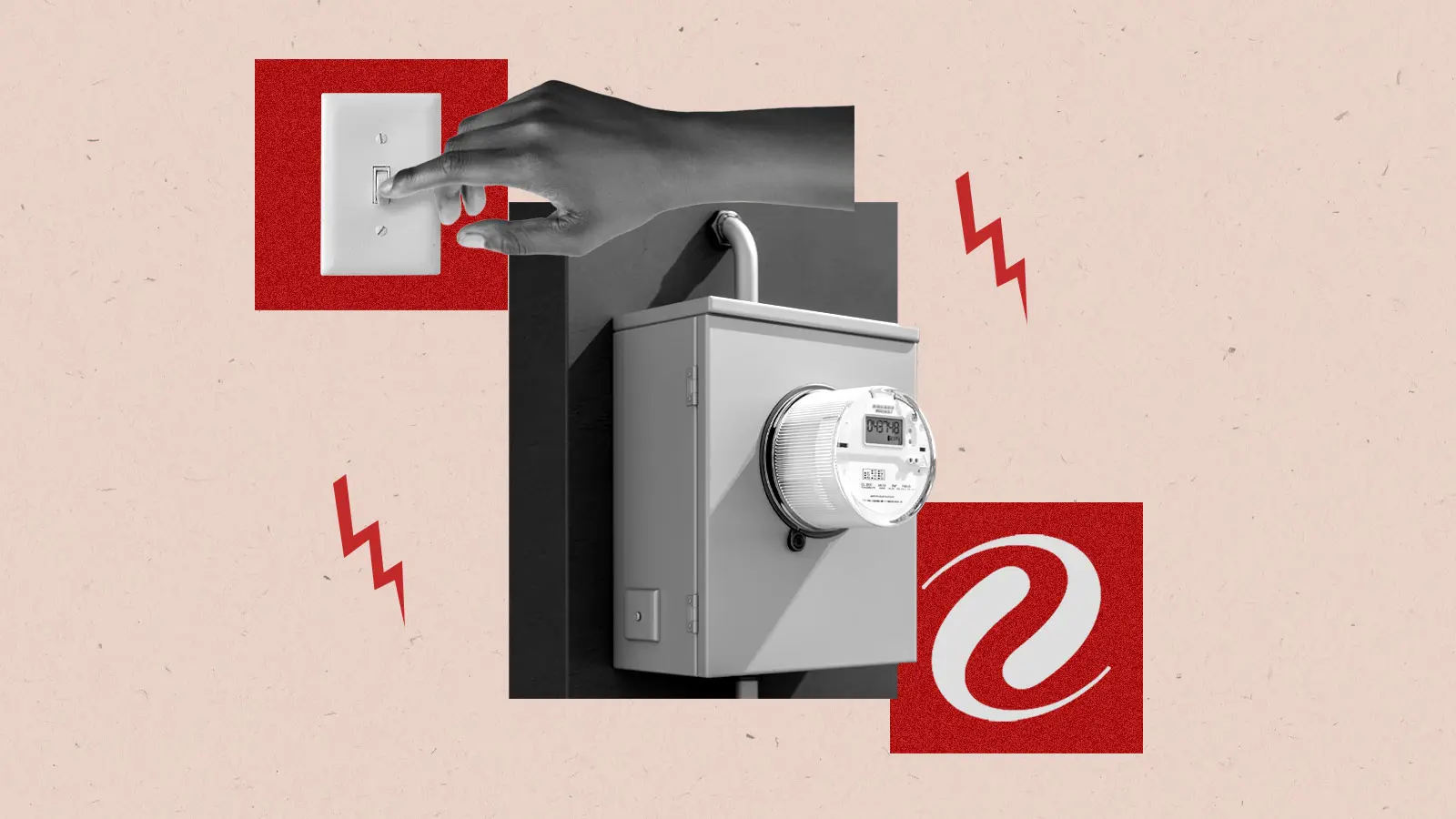Each year, nearly 1.3 million households across the country have their electricity shut off because they cannot pay their bill. Beyond risking the health, or even lives, of those who need that energy to power medical devices and inconveniencing people in myriad ways, losing power poses a grave threat during a heat wave or cold snap.
Such disruptions tend to disproportionately impact Black and Hispanic families, a point underscored by a recent study that found customers of Minnesota’s largest electricity utility who live in communities of color were more than three times as likely to experience a shutoff than those in predominantly white neighborhoods. The finding, by University of Minnesota researchers, held even when accounting for income, poverty level, and homeownership.
Energy policy researchers say they consistently see similar racial disparities nationwide, but a lack of empirical data to illustrate the problem is hindering efforts to address the problem. Only 30 states require utilities to report disconnections, and of those, only a handful provide data revealing where they happen. As climate change brings hotter temperatures, more frequent cold snaps, and other extremes in weather, energy analysts and advocates for disadvantaged communities say understanding these disparities and providing equitable access to reliable power will become ever more important.


